Piano Practice: How To Get The Most Out Of Your Piano Lessons By Practicing Smart

Piano practice for adults — how to help your piano teacher make the most of your piano lessons.
Any truly positive change takes a lot of time, dedication, and patience – and that includes piano practice. Anyone who tells you differently, is trying to get some fast money out of you. You know how it works. You start with a dream and you jump in and get started. Then reality comes roaring back. You have a job, you have kids, you’re tired, and after one week of work, you don’t feel like you’re getting any better so you start playing less and less.
That doesn’t mean that your hard work has to be tedious and boring. Far from it.
When is your prime time?
For some people, they do all of their “chores” when they wake up so real life doesn’t pull them in all directions before the essentials get done. Others do their piano practicing at the end of the day after everything is done and they can relax. When is your prime time? Whenever your mind is most focused and ready to engage in your practice, that’s when you should do it. If you have a bad attitude towards practice, often it’s not because you don’t like the piano. It’s because it’s the wrong time of day. Often the things that drain most of your energy and drive are the highest on your priority list, right?
Play Something You Like
Don’t spend all of your practice time playing material you already know but maybe do 10 or 15 minutes of scales and other technical exercises and then play something you enjoyed learning. Remind yourself that at one time this piece was just as bad as other music you’re learning now but you got there and now it sounds beautiful. Everything you’re practicing now will follow the same path. Play something you like to remind yourself of how the journey ends.
Consistent Standards
How’s your posture? How do your fingers look? Where’s your head? Are you using proper piano fingering? It’s ok and highly appropriate to focus on improving one thing at a time but your standards should never change. Bad posture while you’re learning teaches you two things: the piece you’re learning and bad posture. Your brain doesn’t know the difference between good and bad habits. You have to teach it and the only way to teach it is to keep standards consistent. That’s why your teacher may tell you to practice with a mirror next to you so you can see your posture.
You need a metronome
Metronomes used to be these big clunky looking things that cost a lot of money and looked like they were straight out of Beethoven’s day. Now, they cost as little as $15 and are about the size of a credit card. No musician is considered good if they can’t play at a consistent tempo. It will be annoying at first but quickly, you’ll get used to playing with it.
Bottom Line
Your piano lessons will help but they won’t make you a good piano player unless you make it happen. Your piano teacher will guide you down the road to being great but only your practice time will truly give you your dream of being a great pianist. Remember, positive change doesn’t come easy so hunker down and expect small changes over time but it won’t take long for you to look back and be amazed at the progress you’ve made.
For more good ideas on practicing, see Power Practice.
Copyright 2011 by Duane Shinn. Do not use without permission.


